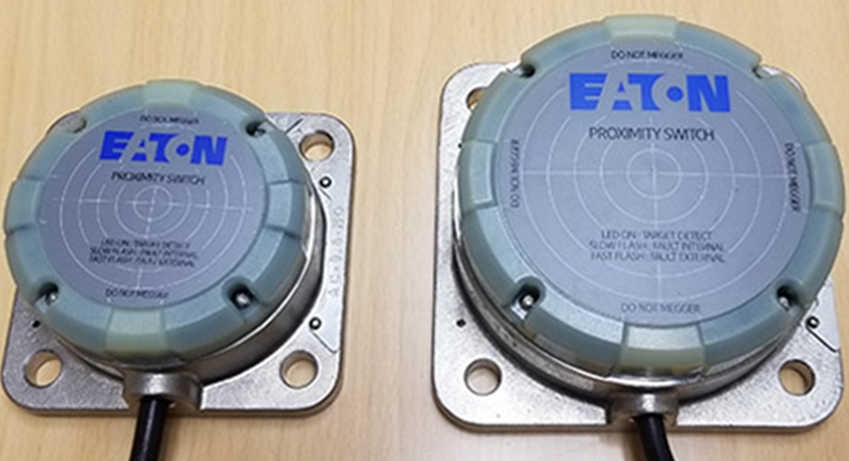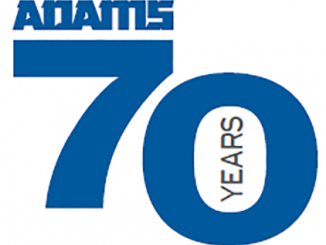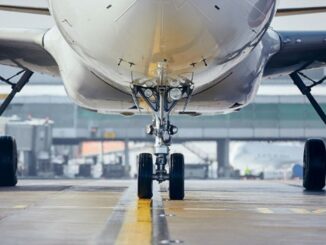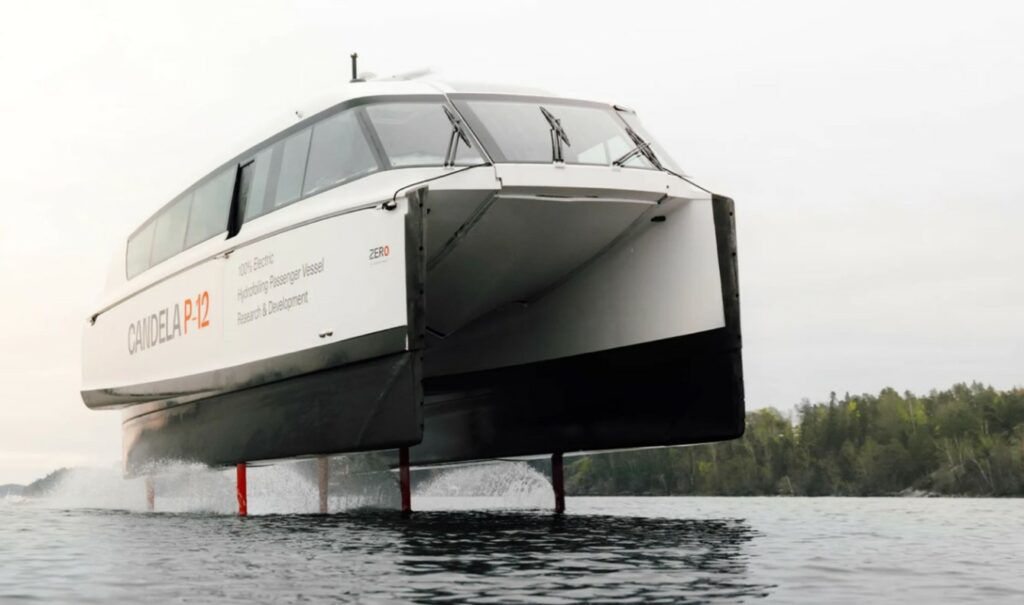
Powered by two specially designed permanent-magnet motors and drive that operate underwater, a new commercial e-hydrofoil will soon be taking to the waters offshore Stockholm to ferry 30 people at a time at record-breaking speed and tranquility. A recent maiden voyage, aptly called a flight, saw the craft hitting its airborne take-off speed of 16 knots and quickly reaching its designed top speed of 30 knots within 16 seconds.
The first flight of the Candela P-12 pre-production vessel, named ‘Zero’, was guided by company founder Gustav Hasselskog himself in November 2023, marking another triumph by Candela in the pursuit of a new era in electrified and sustainable water transport. Already, the company makes a range of electric-powered pleasure-craft hydrofoils based on the same innovative C-Pod motor technology. The P-12 has not only claimed the title of the fastest electric ship to date but also stands as the first vessel capable of undertaking long-range, high-speed journeys—a breakthrough in sustainable water travel, says the company. Moreover, using it is expected to bring significant profit boosts for ferry operators.
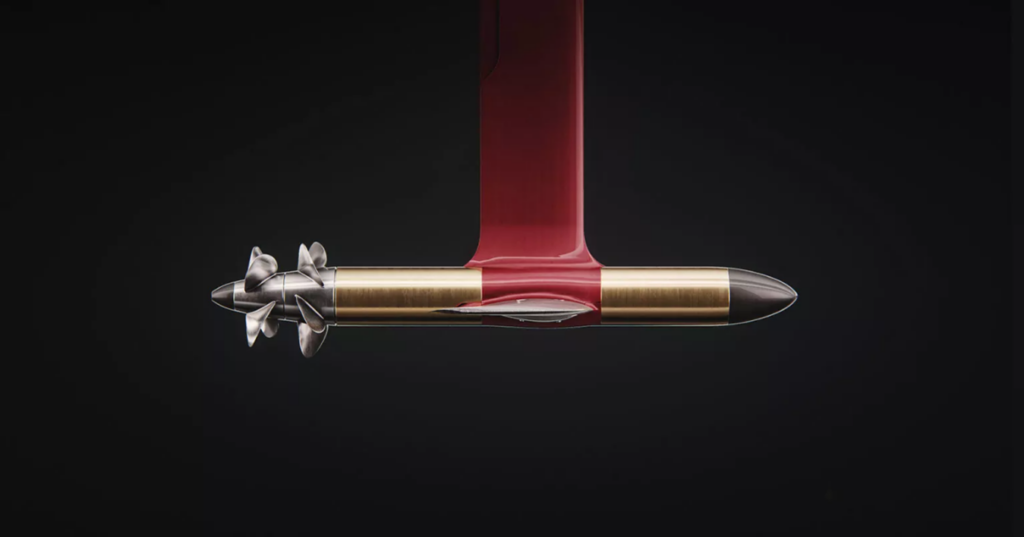
What sets it apart is the innovation at its core—three carbon fiber wings beneath the hull reduce energy consumption by a staggering 80% compared to regular fast vessels. Once airborne, P-12’s digital Flight Control System adjusts the foils’ angles based on various sensors, ensuring a smoother voyage without the discomforts of sea-sickness-inducing motions common on regular ships. Meanwhile, underwater the powerful propulsion system efficiently makes things go.
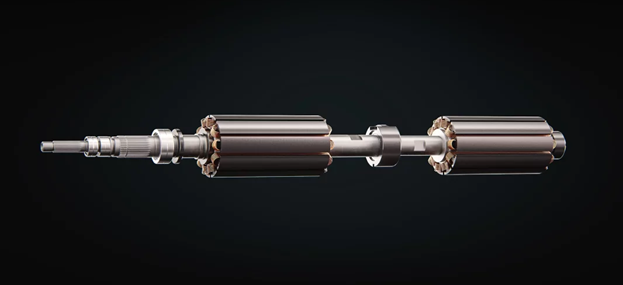
Now the company has begun serial production of the P-12 at its Stockholm factory. The second P-12 vessel, set to join Stockholm’s public transport system by 2024, will ferry citizens between the island suburb of Ekero and the city center. This electric vessel for 30 passengers, with minimal wake production, has secured a speed exemption in the city, cutting commuting times from 55 minutes to just 25 minutes—beating the speed of competing subway and bus lines and doubling car commutes during rush hour.
Working within larger fleet systems, much like a bus service, the P-12 helps set up custom fleets that replace bigger ferries, resulting in quicker, more frequent departures and way lower system costs. Candela forecasts that the P-12 will drive down total operational costs per passenger kilometer by at least 50% compared to diesel vessels, just like the efficiency of a hybrid electric bus. Available in the Shuttle setup priced at €1.7M, it stands toe to toe with the upfront cost of similarly sized diesel ships.

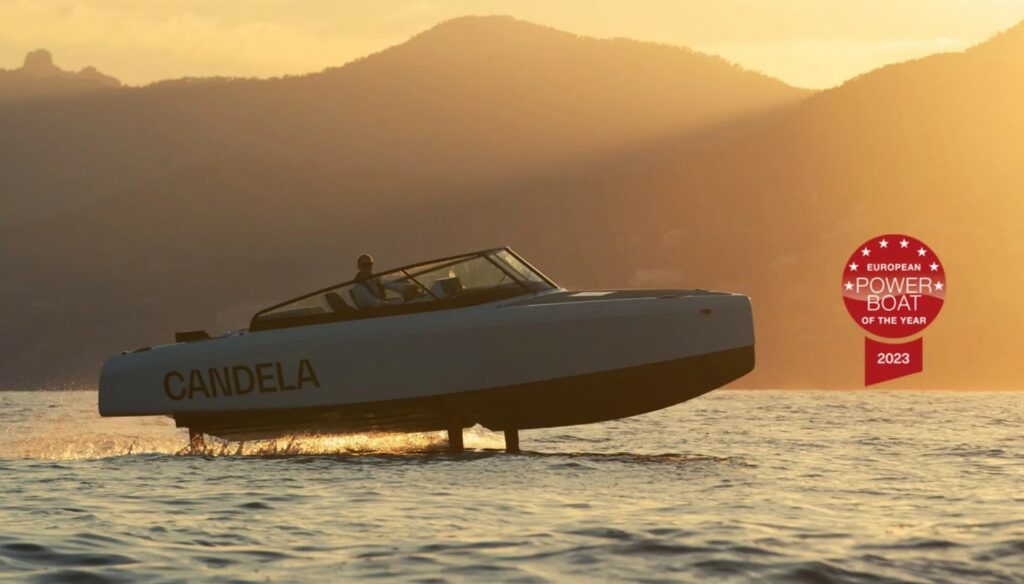
Candela was founded in 2014 and introduced its first production model, Candela C-7, in 2019. With a range of 50 nautical miles at 20 knots, the C-7 set several world records for electric boats. Next, Candela launched the bigger, high-volume successor Candela C-8, which is designed to make electric boats mainstream. With space for eight passengers, it has a standard range of 50 nautical miles at 22 knots and a top speed of 30 knots. For more info, see www.candela.com.

